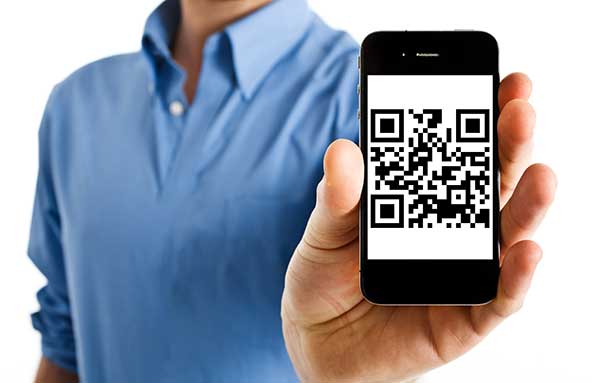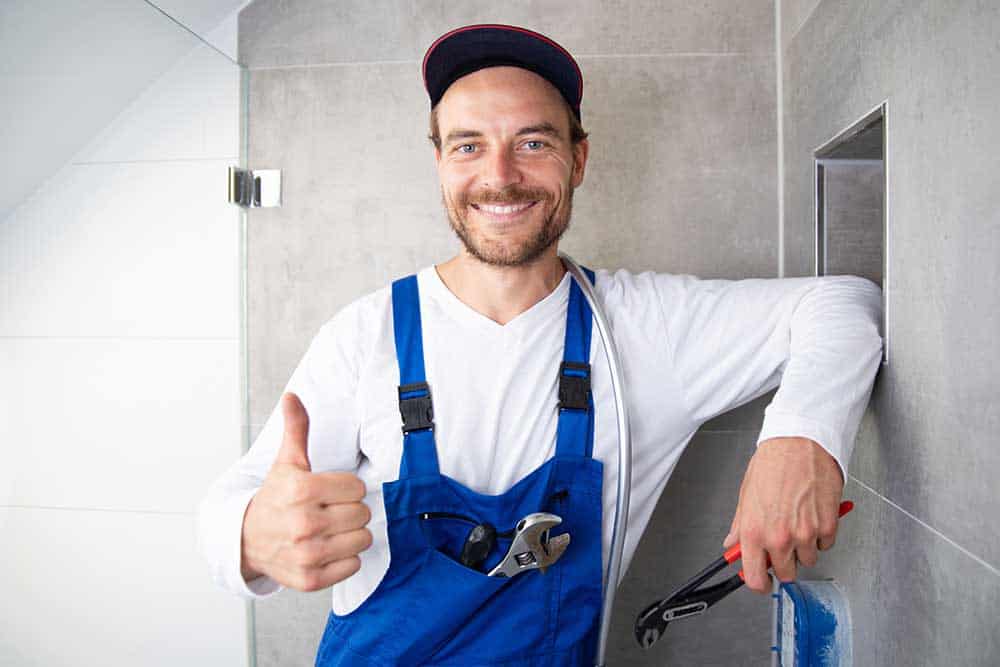What will my market look like when the lockdown ends?

Coming out of lockdown is going to be a cautious process. As the restrictions are gradually lifted and businesses are told they can “get back to normal” there is going to be a lot of confusion as to what “normal” is.
Whatever the final definition, there is little doubt that the future normal will not be the same as the past normal. And your business will have to consider how to deal with that.
Time, as always, will be the great healer. But there are some simple questions you can ask yourself to help your business speed up the process.
Answering these questions now, and adjusting your business to facilitate a smoother transition could help you get to your new normal faster…
Is my website doing all it can to minimise personal contact?
If you run an e-commerce site, then you will rarely see your customers. But if you run a bricks and mortar store, or a service based office, then your customers likely come to your premises.
Of course, you can set up the social distancing guidelines, and your staff can wear masks and gloves… but can you reduce the time your customers need to be at your premises, or can part of their visit be moved online?
Here’s an example. You run a golf course. Many of your players simply use the online booking system you have in place, but some have reserved their tee times over the phone, and when they arrive to play, they pass by the pro-shop, pay, and pick up their receipt to take pick up their buggy and then head for the first tee. Even those with online bookings need to take the booking confirmation to the caddy-master, confirm that they have arrived and pick up their buggy keys. That’s going to be three or four personal interactions.
However, if, when the reservation were made over the phone, the golfer then received an email with an online payment request – and, once payment was made received an email with a QR Code or another confirmation, he could go directly to the buggy pick up and have a single personal contact.


Can I take any part of my business online?
If you have a business, you have a website, right?
Of course you do (if you don’t, check out this page).
But is your website essentially an online brochure? Does it do any more than tell people the story of your business and list the services you offer?
Think about the last dozen or so sales you have made. Could any of those have been done if the client couldn’t have made it to your office or store? Would you have found a way to make the deal happen? Again, of course you would.
So the question then becomes, “Can I take any part of the process and have it happen on my website?”
Here’s an example. You are a wedding planner. You like to get to know your customers before you make recommendations for their wedding and you generally do this during an hour long meeting over a coffee. During the meeting you make notes to give you a picture of the couple, their likes and dislikes and from this you prepare a couple of broad brush stroke proposals.
How about developing a kind of couple profile questionnaire which you post online and ask your couples to complete prior to your first meeting. Most engaged couples would love to do this together and it could be great fun for them: their favourite movies, sports, places. How did they meet? Brothers and sisters, best man, maid of honour, church or family garden, there is a lot you could ask, and a lot of information and pointers you could collect.
When you then had your first meeting you would already have your initial proposals and you would be spending that time developing concrete ideas. The bride and groom to be would be impressed just how well you knew their tastes!
Again, you have saved time and one face to face visit by moving the purpose of the first visit online.
Is there any part of our process that creates more physical contact than is necessary?
Similar to the above there are often parts of our business that are simply second nature, and as such we do not question them.
How many of us are asked to “Just sit with Jessica for a few minutes and she will take your details…” Why not have that changed to being handed a tablet – that has just been sterilised in front of you – and asked to fill in all your details.
It is likely that in our future world a lack of personal contact will be seen as a good thing rather than as a lack of personal service. The sterilisation of the tablet will underline the value of this shift and our customers will appreciate not having yet another person enter our personal space.


Can you reduce the impact of home visits?
In the same way as customers will be reluctant to visit your premises they are likely to even more cautious about having you visit their homes. Clearly, for many businesses, this is unavoidable. If you do washing machine repairs, for example, you have to visit the home.
However, the more information you can gather about the nature of the repair, the less time you will spend in the customer’s home and the more likely you are to make an effective repair. For example, knowing exactly which make and model you are dealing with would help. If there are any simple diagnostic tests the customer can do – perhaps uploading photos taken on their phones – these can also help.
If framed in the right way – these procedures are designed to minimise the time we spend in your home and to avoid return visits. Hand in hand with the more obvious precautions that we will be expected to take when entering customer’s homes for the foreseeable future these become positive responses to the situation.
Do your customers know what you are doing to protect them?
As the restrictions are relaxed your customers are going to be rightly concerned about exactly what your company is doing to protect them.
Are you sterilising your premises daily? Are you regularly testing your staff? Are you meeting the guidelines or going above and beyond?
You may be doing all these things – and your customer may have no idea. You need to tell them loudly and clearly what you are doing for them.
Put videos on your website. Post updates on your facebook page. Send emails explaining the precautions you are taking to your customer base.
Let them know that it is safe to work with you… because they will be wondering.


